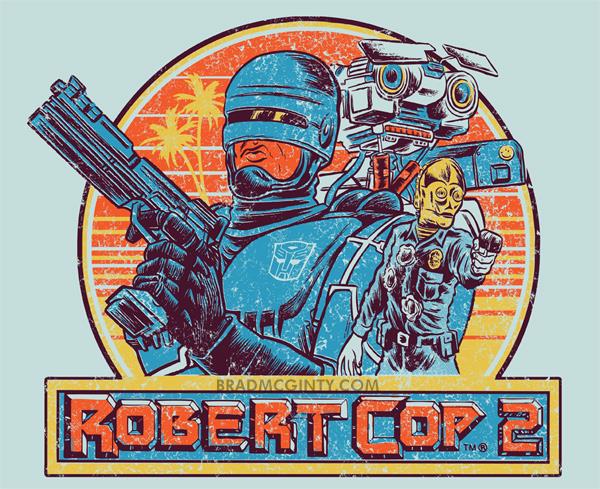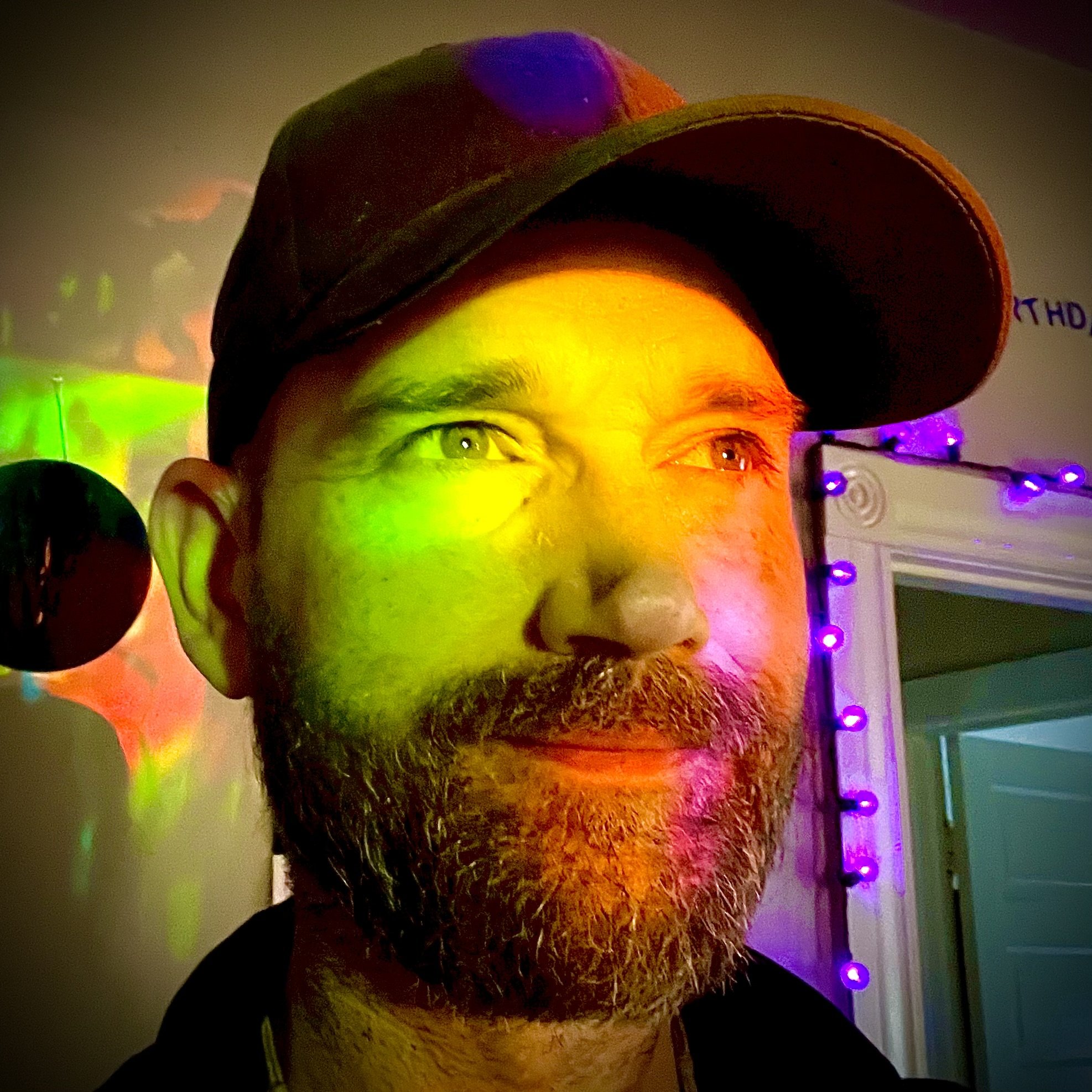I’m familiar with one-uppers - like if you say I only got 6 hours of sleep last night and someone has to chime in and say “that’s nothing! I got only 3 hours”
So something similar to that but not one-upping.
Like if you said "I worked in a warehouse once, my boss was cool, and the work wasn’t bad. " And then someone replied with, “I don’t know what gravy-ass, non-real-job place you worked at, but every warehouse I have worked in sucks!”
So, the person is kind of one-upping but that the same time trying to claim that your lived experience isn’t true and their experience is the way things actually are.
Is there a word for that?
I think what you are describing is either egocentric bias or experiential bias.
“ Egocentric bias is the tendency to rely too heavily on one’s own perspective and/or have a higher opinion of oneself than reality. It appears to be the result of the psychological need to satisfy one’s ego “
Thanks, this sounds like the most accurate and precise answer to the question.
Yeah, the method used sounds like some sort of selection bias (cherry-picking or whatever you want to call it), but the motivation behind it (as there is a definite intent here to steer the discussion) is likely egocentric or just a general need to be contrarian or condescending.
Anecdotal evidence
If it’s even an argument and not a simple refutation, I think it’s got to be based on personal anecdote, but it also kinda just sounds like “No, you’re wrong.” with a sprinkle of anecdote or no true Scotsman.
Argument from asininity?
Anecdata.
Unless it’s stupid, then it’s anecdodo.
This is the answer
it’s a fucking stupid answer. that’s not what anecdotal evidence means at all
What does anecdotal evidence mean then?
It’s just a broad umbrella concept in formal logic. what makes you think this interaction is best described by logic and not psychological or social dynamics? it’s not like the fuckin dude is publishing a research paper. op has someone busting their aglets and wants to find words to describe the experience. what makes you think their chief complaint is the same concept that can describe the statement “all cats are black”
Eristics aside, I think anecdotal fits:
It is an informal fallacy where a person uses personal experiences or a singular example to back their argument or stance instead of compelling evidence.
Edit: After reading the question again, and trying to understand your thoughts, I think I agree more with egocentric bias.
ooh i see so it doesnt fall under formal logic. interesting! honestly that makes me feel even more strongly against it lol. but still more than anything it comes down to rationalizing an irrational process – after all even speaking the language of faulty logic is a way of turning things into logic!
yea i didnt specify it in my own answer but i think egocentric bias is a good fit. however even that expression does not inherently convey the hostility that OP is experiencing!
In the trade industry here in New Zealand, we have a specific term for such a person, we generally refer to them as ‘cunt’
Invalidation
Yes- they are invalidating or minimizing your experience.
The word my family uses for that is “mom”.
Conservative/ reactionary.
No seriously. Take the time to look at the structure and framing of conservative and reactionary arguments. Its almost ALWAYS rooted in strictly their lived experience: no other lived experience matters. The answers others are giving are technically correct, but also miss how deeply rooted this particular structure is in political identity.
Invalidation?
Dismissal?
Reminds me of the “No True Scotsman” logical fallacy based on the example you provided. Wiki article
Look, I don’t know what made-up arguments you’ve been in, but whenever I post online, no one has ever tried to dismiss my experiences as untrue.
/s
The Linux Argument.
Non-jokes aside, there are multiple names for this. Anecdotal evidence is the primary one while confirmation bias is discarding statements (factual or fictional) that do not align with your vision.
deleted by creator
As someone with personal experience with interacting with people, I have to disagree. Nobody has EVER done anything like this, and it does not require a word.
I don’t know of a single word or bit of slang that describes that (annoying) type of personality. It’s a bit contrarian with a dash of experience hijacking. There should be a word for that though. Any ideas?
Contramaxxing?
Unsympathetic
If the people you talk to can’t / won’t or don’t acknowledge your existence or your experience, then they are just simply unsympathetic and have little or no empathy for others.











